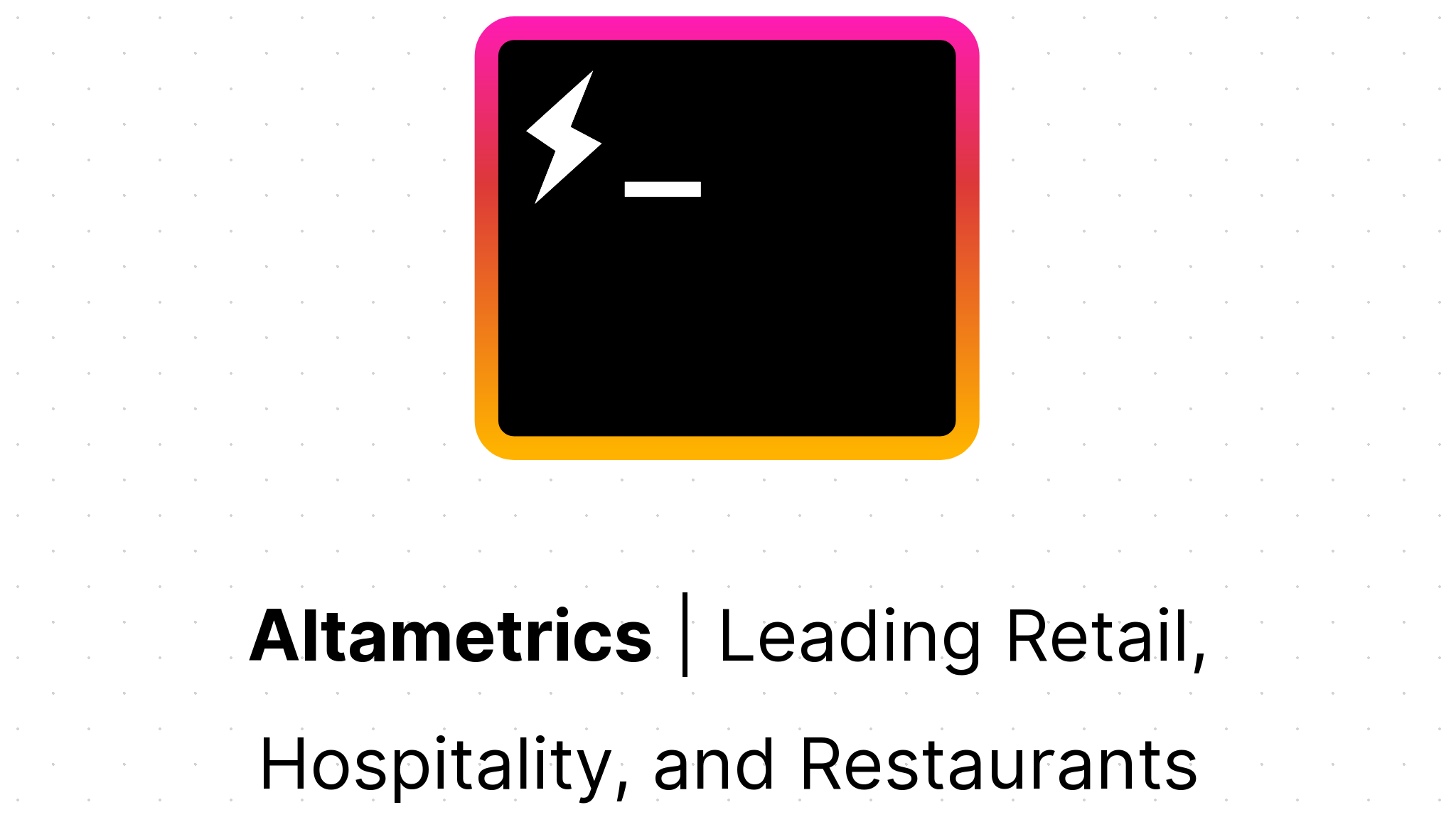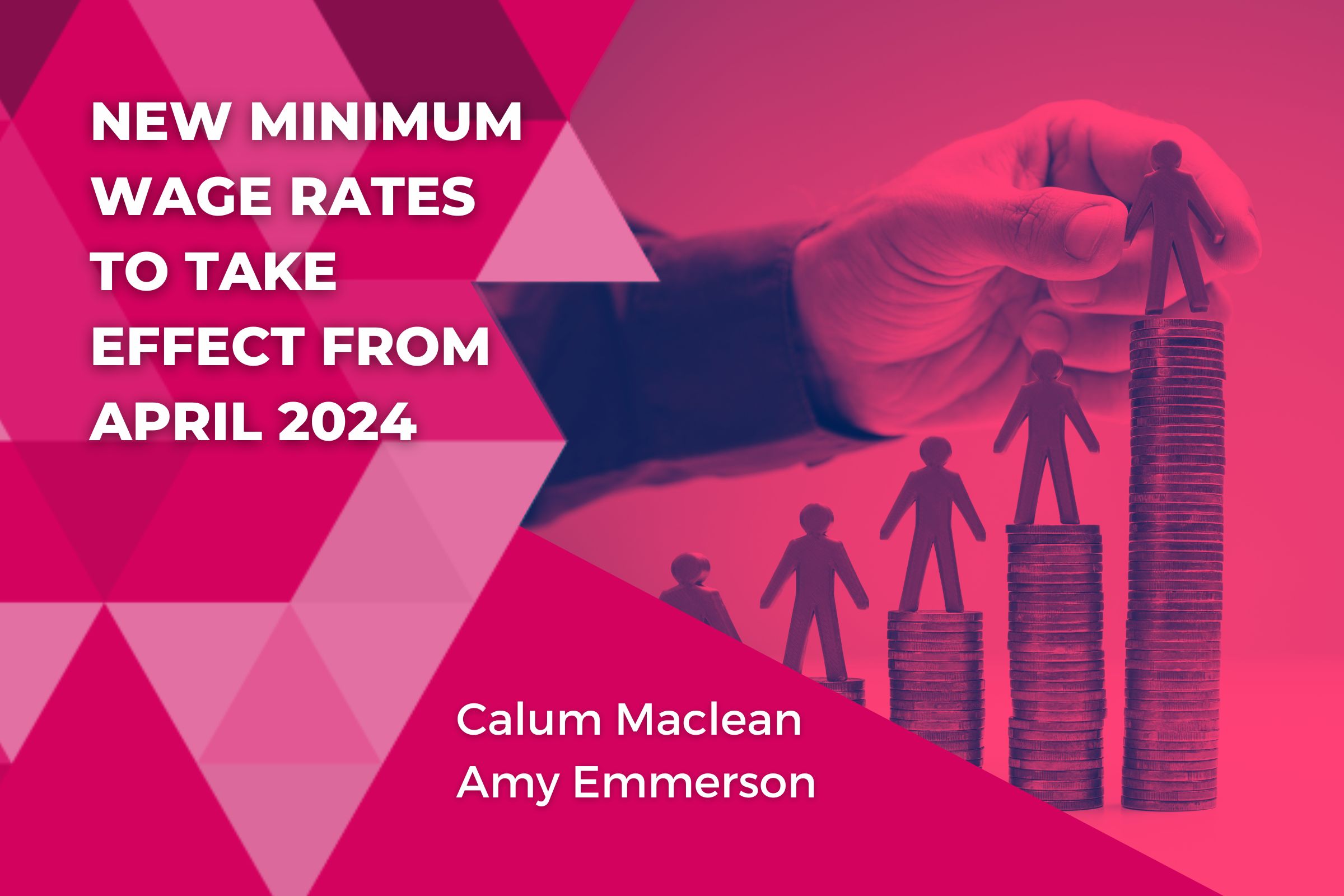World Updates | Update information about politics and social around the world
Minimum Wage Increase Projected For 2025: Key Implications For Businesses And Workers
Minimum Wage Increase Projected For 2025: Key Implications For Businesses And Workers
Our team of dedicated analysts has fully reviewed all of the essential elements of "Minimum Wage Increase Projected For 2025: Key Implications For Businesses And Workers" to bring forward this actionable guide. We are confident that you will find the following facts and information very useful as you continue in your research regarding "Minimum Wage Increase Projected For 2025: Key Implications For Businesses And Workers".
| Key Differences | Key Takeways |
|---|---|
| Explain Key Differences 1 | Explain Key Differences 1 |
| Explain Key Differences 2 | Explain Key Differences 2 |
| Explain Key Differences 3 | Explain Key Differences 3 |
FAQ
This FAQ section provides concise answers to frequently asked questions regarding the projected minimum wage increase in 2025 and its implications for businesses and workers.
Question 1: What is the projected minimum wage increase for 2025?
Answer: The projected minimum wage increase for 2025 is expected to vary depending on state and local regulations. Many cities and states are considering raising their minimum wages to $15 per hour or more, while some may implement more gradual increases.
Question 2: How will the minimum wage increase impact businesses?
Answer: The impact on businesses will vary based on factors such as industry, profit margins, and labor costs. Some businesses may need to adjust their pricing strategies, reduce labor costs through automation or outsourcing, or explore other measures to offset increased expenses.
Question 3: How will the minimum wage increase affect workers?
Answer: The increase in minimum wage is expected to have a positive impact on workers, particularly those in low-wage jobs. It can lead to increased earning potential, improved economic security, and reduced income inequality.
Question 4: What are the potential challenges associated with a minimum wage increase?
Answer: Potential challenges include inflationary pressures, job losses in certain sectors, and the impact on small businesses with limited profit margins. It is crucial for governments and policymakers to consider these challenges and implement mitigation strategies.
Question 5: What are the long-term implications of a minimum wage increase?
Answer: The long-term implications are subject to ongoing research and debate. Potential benefits include reduced income inequality, increased consumer spending, and improved overall economic growth. However, it is important to monitor the impact and adjust policies as needed.
Question 6: What should businesses do to prepare for the minimum wage increase?
Answer: Businesses should proactively review their financial situation, consider cost-saving measures, and explore opportunities for productivity enhancements. Effective planning and strategic decision-making are essential to minimize the impact on operations.
Summary of key takeaways or final thought:
The projected minimum wage increase for 2025 is a significant development with implications for both businesses and workers. Understanding its potential impact and preparing accordingly is crucial for businesses to mitigate challenges and leverage opportunities. The ultimate goal is to strike a balance that benefits workers, supports businesses, and contributes to overall economic well-being.
Transition to the next article section:
Click here to explore the full article for additional insights and perspectives on the minimum wage increase and its implications.
Tips
With the projected increase in minimum wage by 2025, businesses and workers need to prepare for the upcoming changes. Here are crucial tips to navigate the implications effectively:
Tip 1: Review Expenses and Revenue: Assess financial operations to identify potential impacts on profit margins and operating costs. Adjust pricing strategies and explore cost-saving measures where possible. Minimum Wage Increase Projected For 2025: Key Implications For Businesses And Workers
Tip 2: Plan for Labor Costs: Re-evaluate staffing levels and labor allocation to optimize workforce efficiency. Consider automation, technology, or outsourcing options to supplement labor needs.
Tip 3: Communicate with Employees: Inform employees about the minimum wage increase and its effective date. Provide clear explanations regarding any potential changes in compensation or benefits.
Tip 4: Assess Employee Benefits: Review employee benefits packages to ensure they remain competitive and aligned with the increased minimum wage. Consider enhancing benefits, such as paid time off, health insurance coverage, or retirement contributions.
Tip 5: Monitor Industry Trends: Stay informed about industry-specific impacts of the minimum wage increase. Seek advice from industry experts, attend conferences, and gather data to make informed decisions.
Tip 6: Prepare for Competition: Analyze how competitors are responding to the minimum wage increase. Adapt strategies to remain competitive while maintaining profitability.
Tip 7: Seek Professional Guidance: Consult with financial advisors, accountants, or HR professionals for expert advice on managing the financial and operational aspects of the minimum wage increase.
Tip 8: Stay Informed: Stay up-to-date with the latest news, regulations, and best practices related to the minimum wage increase. Monitor government announcements and industry publications for updates.
By implementing these tips, businesses and workers can better prepare for the projected minimum wage increase in 2025, minimizing potential disruptions and maximizing opportunities.
Minimum Wage Increase Projected For 2025: Key Implications For Businesses And Workers
The projected increase in minimum wage by 2025 holds significant implications for both businesses and workers. The key aspects to consider include its impact on:
- Employment rates: Higher wages may affect hiring decisions and employee retention.
- Profit margins: Increased labor costs could impact profitability and pricing strategies.
- Inflation: Wage increases may contribute to inflationary pressures within the economy.
- Consumer spending: Higher wages could boost disposable income and drive economic growth.
- Job displacement: Automation and technology advancements may accelerate due to higher labor costs.
- Wage inequality: The impact on wage disparities between low-wage workers and other income groups.
These aspects are interconnected and require careful evaluation. For instance, a moderate wage increase may stimulate consumer spending while mitigating inflation. However, a substantial increase could lead to increased job displacement, impacting employment rates. Businesses must plan for these implications, and workers should consider the potential effects on their careers and financial well-being.

Navigating California's Fast Food Workers Minimum Wage Increase - Source altametrics.com
Minimum Wage Increase Projected For 2025: Key Implications For Businesses And Workers
The minimum wage is projected to increase in 2025. This will have a significant impact on both businesses and workers.

Minimum Wage In Sa 2024 - Daffi Dorthea - Source winnyysusana.pages.dev
For businesses, the increase in the minimum wage will mean higher labor costs. This could lead to businesses raising prices, reducing hours, or laying off workers. The impact on businesses will vary depending on their size, industry, and location. Small businesses, in particular, may be more vulnerable to the effects of a minimum wage increase.
For workers, the increase in the minimum wage will mean higher pay. This will help to improve their standard of living and reduce poverty. The increase in the minimum wage could also lead to more people entering the workforce, which could boost the economy.
The impact of the minimum wage increase in 2025 will be significant. It is important for businesses and workers to be aware of the potential implications and to plan accordingly.
Table: Key Implications of Minimum Wage Increase for Businesses and Workers
| Stakeholder | Key Implications |
|---|---|
| Businesses |
|
| Workers |
|